Paris doesn’t sleep when the sun goes down-it just changes its outfit. While tourists flock to the Eiffel Tower by day, locals and savvy visitors know the real magic of the city happens after 9 p.m. This isn’t just about drinking and dancing. Paris after dark is a layered experience: intimate jazz cellars in Saint-Germain, hidden cocktail lounges behind unmarked doors, midnight snacks at bustling bistro terraces, and open-air cinema screenings under the stars. It’s culture with a pulse.
The Soul of Parisian Nightlife: It’s Not Just Clubs
Forget what you’ve seen in movies. Parisian nightlife isn’t dominated by giant clubs with velvet ropes and DJ booths blasting EDM. The real heartbeat comes from small, character-filled spaces. In Le Marais, you’ll find Le Perchoir, a rooftop bar perched above a 19th-century building, where the view of Paris stretches out like a painting and the drinks are crafted with local herbs and spirits. Down the street, Bar des Champs serves absinthe the old-fashioned way-dripping through a sugar cube-while live accordion music drifts from an open window.
Many of these places don’t even have signs. You’ll find them by following the sound of laughter, the smell of roasted chestnuts, or the glow of a single string of fairy lights. That’s the Parisian way: discovery over promotion.
Where to Eat When the Restaurants Close
Parisians don’t stop eating just because it’s past midnight. At 1 a.m., you’ll see lines forming outside Le Comptoir du Relais in Saint-Germain, where chef Yves Camdeborde serves foie gras toast and duck confit to hungry locals. In the 10th arrondissement, La Belle Hortense turns into a late-night bistro after its wine bar hours end, offering warm croque-monsieurs and natural wines until 3 a.m.
And then there’s the legendary Le Petit Vendôme, a 24-hour sandwich spot near Les Halles. It’s been open since 1957. Order the “Parisien”-ham, gruyère, mustard, and pickles on a crusty baguette-and you’re eating the same thing that students, taxi drivers, and artists have been eating for decades. No frills. Just perfect.
Jazz, Blues, and the Sound of Paris at Night
Paris has one of the world’s oldest and most respected jazz scenes. Le Caveau de la Huchette, tucked beneath a cobblestone alley in the Latin Quarter, has been hosting live jazz since 1946. The band plays swing and bebop, and patrons dance on the narrow floor with no room to spare. You’ll hear French, English, and Spanish spoken in the same breath-everyone here is there for the music, not the scene.
For something more experimental, head to New Morning in the 10th arrondissement. It’s where international jazz legends like Wayne Shorter and Herbie Hancock have played. The vibe is intimate, the sound system is pristine, and the crowd is quiet-until the trumpet solo hits, and then everyone holds their breath.
Don’t miss La Cigale on a Friday night. It’s not jazz, but it’s where French indie rock and electronic acts get their start. The walls still bear the graffiti from concerts in the 1990s. This is where Paris’s next big band is born.

Hidden Bars and Speakeasies: The Art of the Secret
Paris has more hidden bars than you can count. The best ones don’t advertise. To find Bar Le Perchoir, you need to walk past a bookshop and turn down a narrow stairwell. Le Comptoir Général feels like a forgotten colonial outpost, filled with vintage maps, African drums, and cocktails made with rare bitters. You’ll find it by following the scent of patchouli and the sound of vinyl spinning.
At Little Red Door, you enter through a refrigerator door in a French bistro. Once inside, mixologists craft drinks based on your mood. Tell them you’re feeling nostalgic, and they’ll serve you a gin cocktail with elderflower and a drop of lavender water-something that tastes like your grandmother’s garden.
These places don’t take reservations. You show up, wait your turn, and if you’re lucky, you get a seat at the bar next to someone who’s lived in Paris for 30 years. That’s when the real stories start.
Open-Air Cinemas and Midnight Museums
Paris doesn’t just offer nightlife-it offers night experiences. From May to September, the Plage de la Villette turns into a floating beach with a giant outdoor screen. You can lie on a beanbag, sip a glass of rosé, and watch a classic French film under the stars. No one rushes you. No one cares if you’re wearing jeans or a dress.
On the first Friday of every month, the Louvre stays open until 9:45 p.m. The crowds thin out after 7 p.m., and suddenly you’re walking past the Mona Lisa with only a handful of others. The lighting is softer. The silence is deeper. You feel like you’ve been given private access to history.
At La Cinémathèque Française, you can catch rare silent films from the 1920s or restored prints of Godard’s early work. The tickets cost less than €10. The seats are old, the projection is analog, and the air smells like old velvet. It’s not glamorous. It’s perfect.
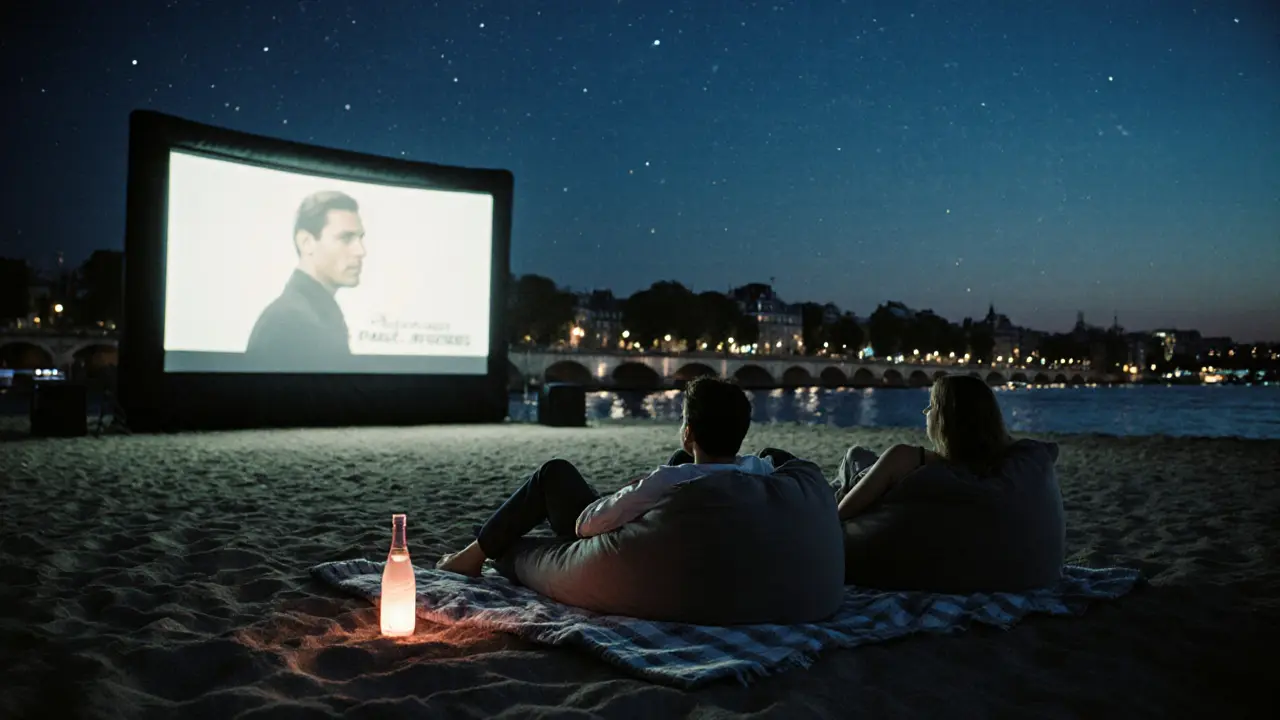
What Not to Do in Paris at Night
There are rules-even if they’re unwritten. Don’t walk around the Champs-Élysées after midnight looking for a club. It’s tourist trap central, and the bouncers are there to sell overpriced bottles, not to let you in. Don’t assume all bars close at 2 a.m. Many stay open until 4, especially in the 11th and 12th arrondissements. Don’t ask for vodka tonics in a traditional bistro. They’ll give you a look and then serve you a simple red wine or a pastis instead.
And never, ever try to haggle over the price of a drink. In Paris, the price is the price. What you’re paying for isn’t just the alcohol-it’s the atmosphere, the history, the person who made your cocktail with care.
When to Go and How to Get Around
The best nights for nightlife are Wednesday through Saturday. Sundays are quiet. Mondays? Forget it. Most places close early or don’t open at all.
Public transport runs until about 1:15 a.m. on weekdays and 2:45 a.m. on weekends. After that, you’ll need a taxi or Uber. But here’s a tip: if you’re staying in the city center, walk. Paris is safe at night, especially in the well-lit, populated areas. Walking lets you stumble on a street musician playing a haunting violin, or a bakery with fresh croissants still warm from the oven.
Wear comfortable shoes. You’ll be walking a lot. And carry a light jacket-even in summer, the Seine breeze gets chilly after midnight.
Why Paris After Dark Feels Different
Other cities have nightlife. Paris has night culture. It’s not about how loud it is. It’s about how deeply it connects you to the rhythm of the city. You don’t just go out to party-you go out to listen, to taste, to feel.
There’s a reason French people don’t say "going out"-they say "sortir"-to go out, but also to emerge, to come alive. That’s what happens here. You emerge from the daytime version of yourself and into someone who notices the way the light hits the Seine at 1 a.m., who laughs louder because the music is live, who orders a second drink not because you’re drunk, but because you’re finally present.
Paris after dark isn’t a checklist. It’s a feeling you carry with you long after you’ve left.
Is Paris safe at night for tourists?
Yes, most areas frequented by tourists at night-like Le Marais, Saint-Germain, Montmartre, and the Latin Quarter-are very safe. Stick to well-lit streets, avoid isolated parks after midnight, and keep your valuables secure. Pickpockets are rare in nightlife zones, but they exist. Be aware, not afraid.
What’s the best time to visit Paris for nightlife?
Late spring through early fall (May to September) is ideal. The weather is mild, outdoor venues are open, and festivals like Nuit Blanche (a whole-night arts event in October) add extra magic. Winter nights are quieter but offer cozier bars and fewer crowds.
Do I need to speak French to enjoy Paris nightlife?
No, but a few basic phrases go a long way. Saying "Bonjour," "Merci," and "Une bière, s’il vous plaît" earns you smiles and better service. Most bartenders in popular spots speak English, but locals appreciate the effort. Don’t expect them to switch languages first.
Are there any free nightlife options in Paris?
Absolutely. Many jazz clubs have free entry before 9 p.m. Street musicians perform nightly along the Seine and in Montmartre. The Louvre’s Friday night openings are free for visitors under 26 and EU residents year-round. And walking along the river with a baguette and cheese is the most Parisian night out of all.
What’s the dress code for Paris nightspots?
There’s no strict dress code, but Parisians dress with intention. No flip-flops, shorts, or athletic wear in most bars and clubs. Clean jeans, a nice top, and closed shoes work everywhere. For upscale cocktail bars, a blazer or dress adds polish. It’s not about being fancy-it’s about showing you care.
Can I find vegan or vegetarian options in Paris nightspots?
Yes, more than ever. Places like Le Potager du Marais and Wild & The Moon offer plant-based snacks and cocktails. Even traditional bistros now have vegan options marked on their menus. Don’t be afraid to ask-most chefs are happy to adapt.
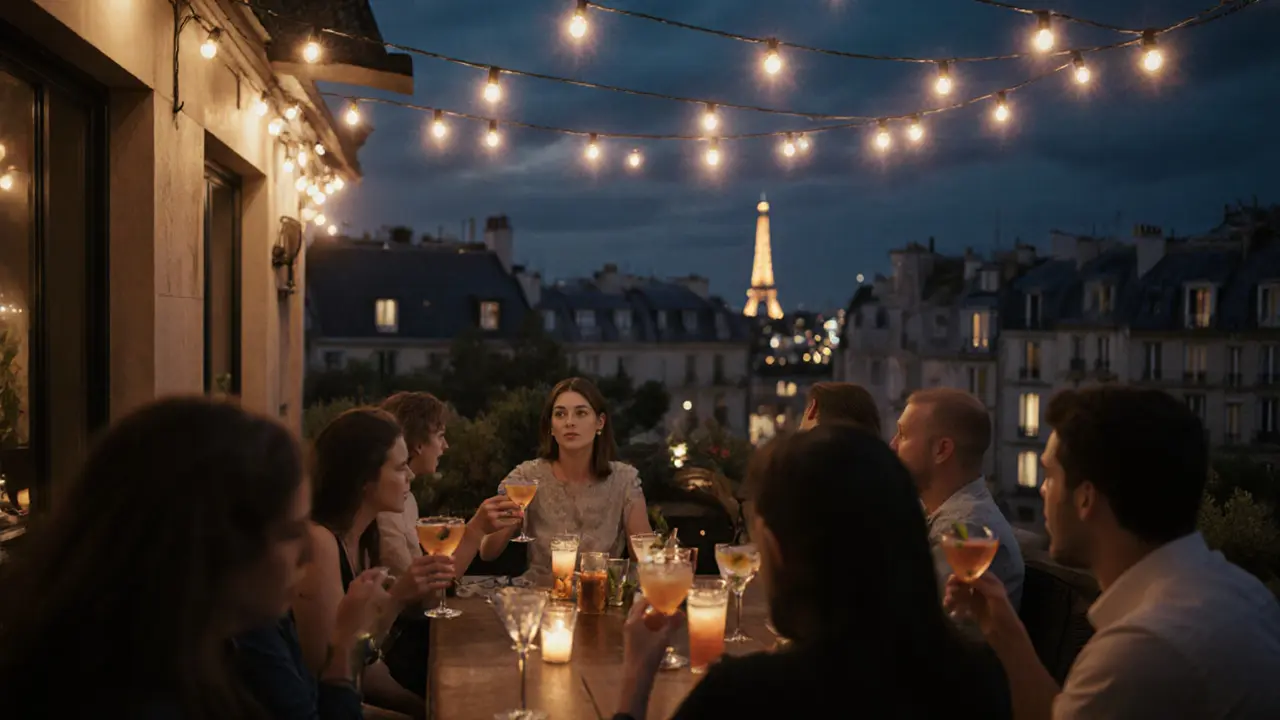
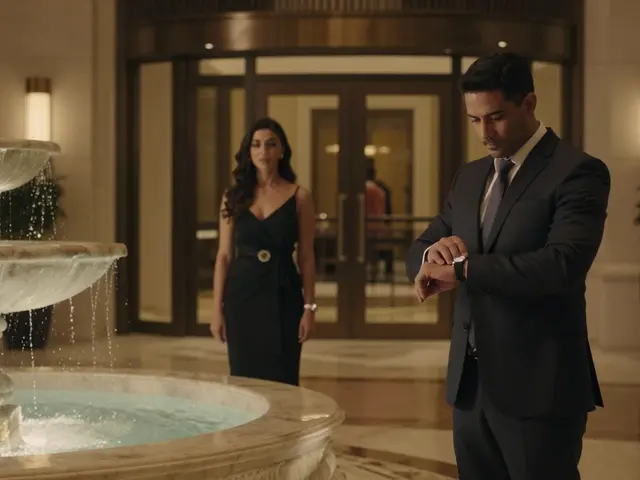

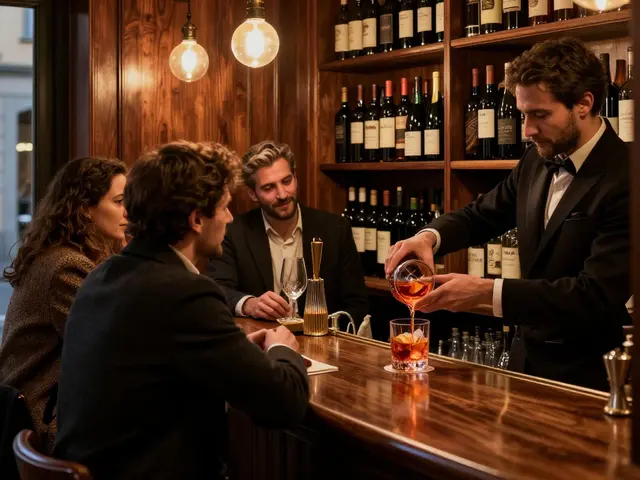
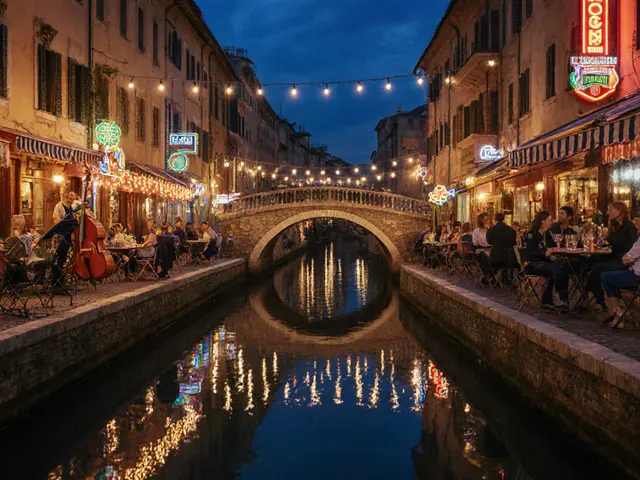
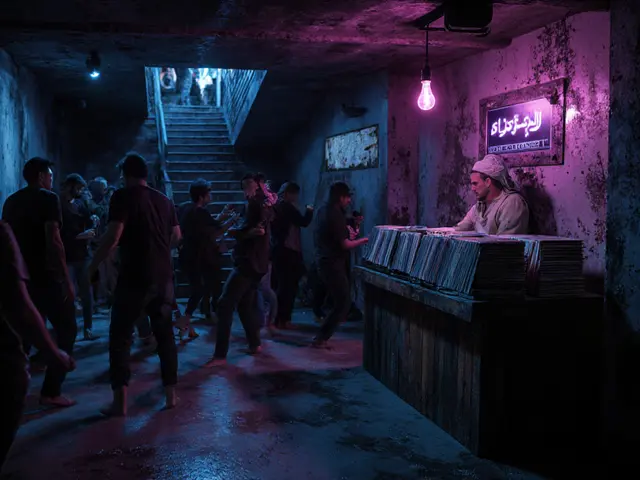
Written by Marcus Everstone
Hello, my name is Marcus Everstone and I am an expert in the world of escorting. Having been in the industry for several years, I have gained a wealth of knowledge in this field. I enjoy sharing my experiences and insights by writing about the escort scene in various cities around the globe. My goal is to help both clients and escorts navigate this exciting and often misunderstood world. My writings reflect my passion and expertise, offering valuable information to those interested in learning more about the escort industry.
All posts: Marcus Everstone